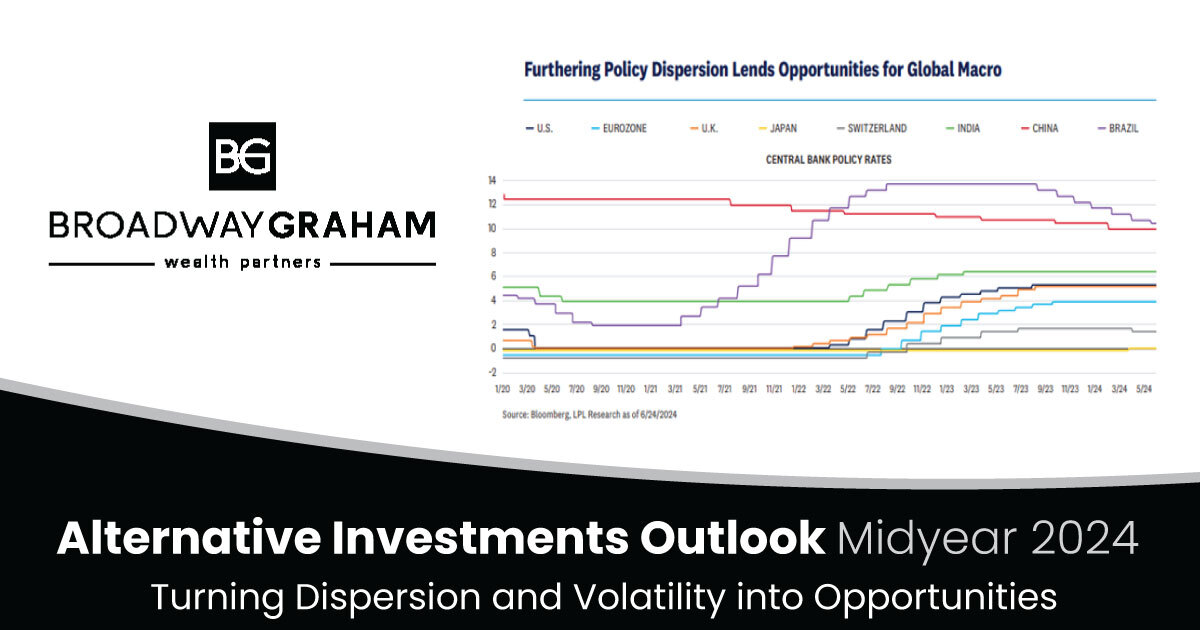6 Financial Planning Concepts You Need to Know
When I’m helping people with their financial plan, sometimes they say one thing but they really mean something entirely different. And sometimes, the mention of a financial planning concept prompts a blank stare in return. Even with all the information available today, it can still be confusing.
As a Financial Advisor, I strive to clear that confusion. So in honor of National Financial Literacy Month, let’s examine 6 financial planning concepts you need to know.
1. Asset Allocation
One of the most common pieces of investment advice is, “Don’t keep all your eggs in one basket.” This saying refers to how you choose to invest your money among various asset classes. The three major asset classes are stocks, bonds, and cash. Each of these can react differently to conditions in the market and economy, so you should choose a mix that best fits your personal goals, risk tolerance, and time horizon.
2. Portfolio Rebalancing
It may seem counterintuitive to sell an investment that is performing well, and then buy more of something that has declined in value. But this is what is frequently done in portfolio rebalancing.
Portfolio rebalancing involves periodically buying or selling the assets in your portfolio to maintain your desired level of risk. For example, let’s say your target allocation for stocks is 60% and bonds is 40%. After a year or so the stocks increased in value and now represent 70% of your portfolio and bonds are 30%. Unfortunately, your level of risk has probably increased too. So, if your target allocation is 60%, you would sell some of your stocks to get back to the risk level that’s comfortable for you.
3. 401(k) vs IRA – What’s The Difference
A 401(k) is an employer-sponsored, defined contribution plan. Employees typically contribute a percentage of their salary, and the employer may offer to match contributions up to a specific limit. An IRA (Individual Retirement Account) however, is a way for an individual to save on their own. There are no matching contributions from an employer to the IRA. In addition, various types of IRAs have specific income and contribution limits, as well as different tax advantages.
4. Net Worth
Your net worth is simply the difference between what you own and what you owe. It’s calculated by adding the value of your investments, including the current market value of your home and car, and the balances in any checking, savings, retirement, or other investment accounts. Then subtract your debt, including your mortgage balance, credit card balances, and other loans or obligations. Monitoring your net worth helps you keep track of your overall financial health.
5. Credit Scores
Your credit score is based on several factors, including payment history, the length of your credit history, and total debt. These scores range from 300 to 850, and the higher the score, the better the terms you can get on your next loan or credit card. People with scores below 620 may find it difficult to secure credit at favorable interest rates. If your credit score is lower than you’d like there are steps you can take to improve it.
6. Estate Planning
People use a lot of excuses to put off estate planning. I have heard some say they will take care of it later, or they don’t have enough money to worry about it now. But estate planning isn’t just for the wealthy. It’s a means of ensuring your assets and finances are properly taken care of after your death. It’s more than just drafting a will. It’s a collection of documents that may include guardianship designations, a healthcare power of attorney, beneficiary designations, a durable power of attorney, and a living will that outlines your wishes if you become incapacitated.
Summary
These are the most common financial planning concepts I can clarify during a consultation. I hope these definitions help as you think about your own financial planning efforts. Perhaps there are other terms or concepts you would like help understanding.
If you still have questions, consider consulting a financial professional. By hiring a professional you have a guide to help develop and refine your process toward the pursuit of your goals. Often this professional helps you avoid costly mistakes, which can justify the investment of working with them. At Broadway Graham Wealth Partners, we have several Certified Financial Planner™ professionals on staff. Or you can find one near you here. For more information, check out our website or call us at (217) 605-8130 or (217) 441-8801. Our mission is to help you make more informed decisions to better your financial position and reduce your financial stress.
Asset allocation does not ensure a profit or protect against a loss.
Rebalancing a portfolio may cause investors to incur tax liabilities and/or transaction costs and does not assure a profit or protect against a loss.
Contributions to a traditional IRA may be tax deductible in the contribution year, with current income tax due at withdrawal. Withdrawals prior to age 59 ½ may result in a 10% IRS penalty tax in addition to current income tax. A Roth IRA offers tax deferral on any earnings in the account. Qualified withdrawals of earnings from the account are tax-free. Withdrawals of earnings prior to age 59 ½ or prior to the account being opened for 5 years, whichever is later, may result in a 10% IRS penalty tax. Limitations and restrictions may apply.
By: K. Bridget Schneider, CFP ®, CRPC ®






